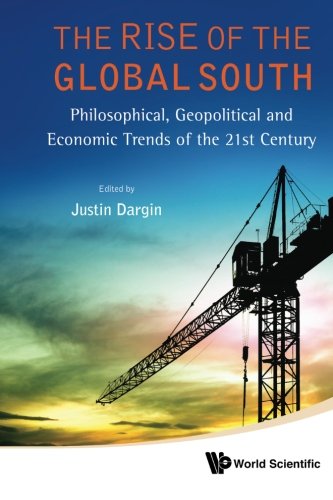

Most ebook files are in PDF format, so you can easily read them using various software such as Foxit Reader or directly on the Google Chrome browser.
Some ebook files are released by publishers in other formats such as .awz, .mobi, .epub, .fb2, etc. You may need to install specific software to read these formats on mobile/PC, such as Calibre.
Please read the tutorial at this link: https://ebookbell.com/faq
We offer FREE conversion to the popular formats you request; however, this may take some time. Therefore, right after payment, please email us, and we will try to provide the service as quickly as possible.
For some exceptional file formats or broken links (if any), please refrain from opening any disputes. Instead, email us first, and we will try to assist within a maximum of 6 hours.
EbookBell Team

4.1
20 reviewsThe global role of the developing countries came to the forefront in 1974, when the United Nations General Assembly promulgated The New International Economic Order.
Since then, the countries of the Global South, particularly China, India, Brazil, Saudi Arabia, South Africa and Qatar, made an indelible impact upon the world's economic architecture.
However, their true influence became starkly illustrated during the onset of the 2000s, when several seismic events occurred. The September Eleventh terrorist attacks - with the resultant debilitating wars in Iraq and Afghanistan - extreme world commodity price increases and the global financial crisis of 2007-2008 all served to wrench the epicenter of global influence increasingly southward. While the developed countries of the Global North became mired in economic stagnation with problems associated with the global financial crisis, their collective influence waned. Since then, the world has been attempting to accommodate, somewhat unevenly, the rising geopolitical and economic clout of the Global South.
This book presents a collection of scholarly articles that, taken together, functions as a primer on the workings of the immense global changes at the beginning of the twenty-first century.
Readership: Graduate students and ambitious undergraduates in the field of international affairs. Non-experts interested in international relations.